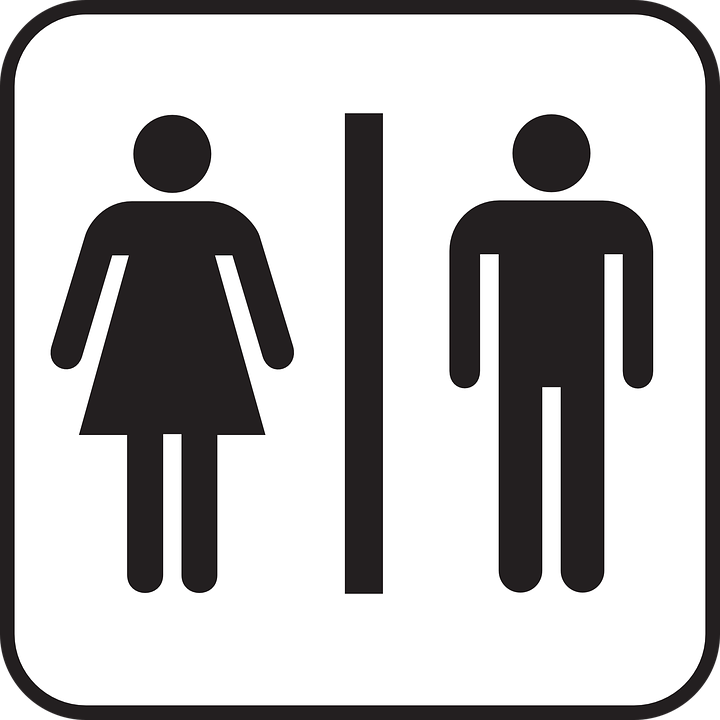Women Lack Access to Private Toilets Around the World
Published on by Water Network Research, Official research team of The Water Network in Academic
Columbia University study reveals challenges of menstrual hygiene management in e mergencies.
Researchers at Columbia University’s Mailman School of Public Health with colleagues at the International Rescue Committee and 27 humanitarian organizations and agencies developed a toolkit to address the menstruation-related needs of girls and women fleeing disaster or conflict. A pilot-test of the toolkit gathered feedback from humanitarian experts as well as displaced girls and women in refugee camps in Tanzania.

The findings showed that there remains a lack of effective, coordinated approaches for assisting vulnerable groups to manage their menstruation with dignity in challenging settings around the world and that the menstrual management needs of girls and women in transit, such as those walking days to find shelter and arriving at borders, are particularly overlooked. The findings are published in the Journal of Humanitarian Action.
 Menstrual hygiene management (MHM) requires easy access to safe, private water and sanitation facilities, along with appropriate materials and supplies, discreet disposal management and basic information on menstrual hygiene for displacement contexts. Yet a significant gap exists in terms of the information available and practical guidance for those responding to emergencies around the world.
Menstrual hygiene management (MHM) requires easy access to safe, private water and sanitation facilities, along with appropriate materials and supplies, discreet disposal management and basic information on menstrual hygiene for displacement contexts. Yet a significant gap exists in terms of the information available and practical guidance for those responding to emergencies around the world.
“We designed the toolkit to help address the gap in practical guidance for integrating menstrual hygiene management within humanitarian response efforts,” said Marni Sommer,DrPH, MSN, associate professor of Sociomedical Sciences and a member of the Lerner Center for Public Health Promotion at the Mailman School. “While challenges remain, we learned important lessons from the pilot for improving the resource guide itself—its format and visuals, along with the need to provide more robust training materials to build staff confidence, among both males and females, on talking about menstruation and knowing how best to address MHM within a response.”
The pilot revealed the need to expand the toolkit content to include girls and women with disabilities and their caretakers, as well as the currently overlooked needs of girls and women in transit who arrive at borders with no supplies or privacy for managing menstruation.
Using multiple methods to evaluate the Menstrual Hygiene Management in Emergencies Toolkit, the research team analyzed responses from women and girls aged 14 to 49 in three camps hosting Burundian and Congolese refugees in northwest Tanzania, along with feedback from the humanitarian response staff implementing the toolkit, between October 2016 and March 2017.
The feedback provided lessons on how caretakers of girls with special needs struggled to assist them with managing menstruation, particularly when girls had only male caretakers, and how response staff themselves needed training to feel more confident about consulting girls and women on what is frequently perceived as a very taboo topic.
Source: Mailman School of Public Health
Media
Taxonomy
- Sanitation
- Water & Sanitation
- Sanitation & Hygiene
- Sanitation & Hygiene
- Water & Sanitation
- Sanitation and Hygiene
- Water Sanitation & Hygiene (WASH)